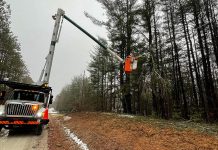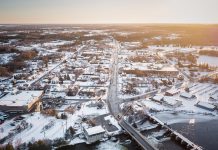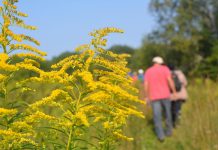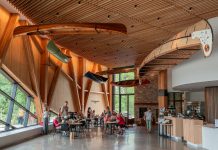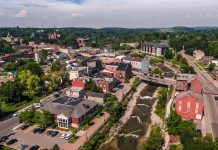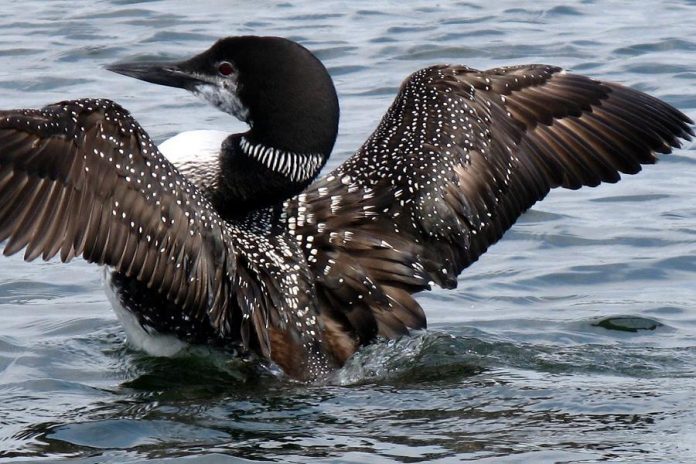
Two reports released in mid-September 2014 remind us that big changes are coming to Ontario’s lakes and rivers.
First: Audubon’s Birds and Climate Change Report suggests that within this century, “the call of the loon may disappear” from its traditional territory as a result of global warming. The bald eagle is on the list, and the Baltimore Oriole. In fact, Audubon’s models suggest that 314 bird species of 588 studied will lose more than 50 percent of their current climatic range by 2080 due to habitat disruption brought on by climate change.
Second: The release of the World Meteorological Organization’s (WMO) annual Greenhouse Gas Bulletin indicates that greenhouse gas concentrations rose 34 percent since 1990. The WMO is the United Nations’ authoritative voice on the state of Earth’s atmosphere, the climate it produces and the ultimate distribution of water resources.
“We know without any doubt that our climate is changing and our weather is becoming more extreme due to human activities such as the burning of fossil fuels,” said WMO Secretary-General Michel arraud. “The laws of physics are non-negotiable.”
Climate change will affect our land and water resources, our economy and ultimately our way of life. The Federation of Ontario Cottagers’ Associations (FOCA) cautions that these profound shifts will impact our waterfront communities, and indeed everyone in Ontario, where our existence is inextricably linked to our watery legacy.
As freshwater expert Bob Sandford warned FOCA members recently: “If you have a house on a lake or river in Canada, you are going to have a ringside seat to observe and measure these changes, which we are only beginning to anticipate and do not yet fully understand.” Sandford is the EPCOR Chair of the Canadian Partnership Initiative in support of United Nations “Water for Life” Decade.
Climate Change and Birds – National Audubon Society
We have already seen the impacts of these shifts in climate, precipitation and extreme weather events that overwhelm our infrastructure and that can wreak havoc on our economy. Each of us knows someone who has experienced these new realities. The Insurance Bureau of Canada reported that severe weather caused a record amount of property damage in Canada in 2013.
Unpredictable is the new normal.
What does all of this change mean for Ontario’s freshwater lakes and rivers?
In Ontario, we can expect to experience lower lake levels, shorter periods of winter ice, invasions of more and different non-native species, and dramatic changes to the conditions that support our fish and wildlife. Higher water temperatures may accelerate the accumulation of mercury and other contaminants in the food chain and ultimately fish, and may contribute to more toxic algal blooms.
So — what can we do?
It is incumbent on all of us to reduce our contribution to the global problem of heat-trapping greenhouse gas emissions, as a major and first step.
As individual citizens we can help by increasing energy efficiency at every opportunity, reducing energy consumption including the number of miles driven, by avoiding waste, and by recycling.
Lawmakers have to anticipate and plan for the impacts of climate change to reduce future damage. These adaptations may include shifts in fisheries management and farming activities, changes in building codes and public health management, and making preparations for extreme events.
We need to minimize human pressures on the global and local environment to reduce the vulnerability of ecosystems. Prudent actions include reducing air pollution, protecting the quality of water supplies and aquatic habitat, minimizing urban sprawl, reducing habitat destruction and fragmentation, restoring critical habitats, and preventing the spread of invasive non-native species.
These actions should be taken now. In addition to preventing or minimizing environmental impacts, acting now will result in collateral benefits that include cost savings, cleaner air and water, improved habitat and recreation, and enhanced quality of life for all of us.
I hope that we take steps today so that, in the future, our grandkids and their children will still hear loons on the lakes of this Province.


